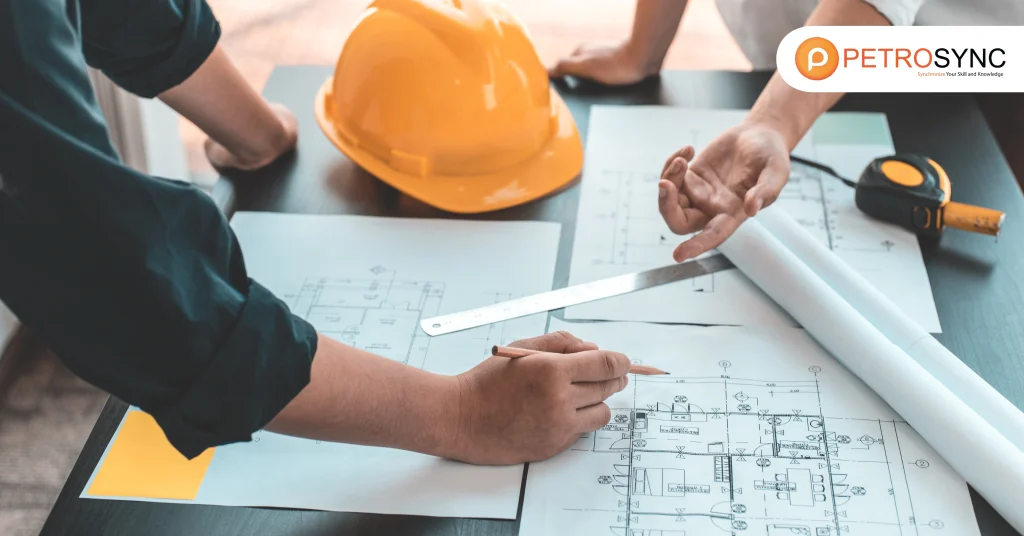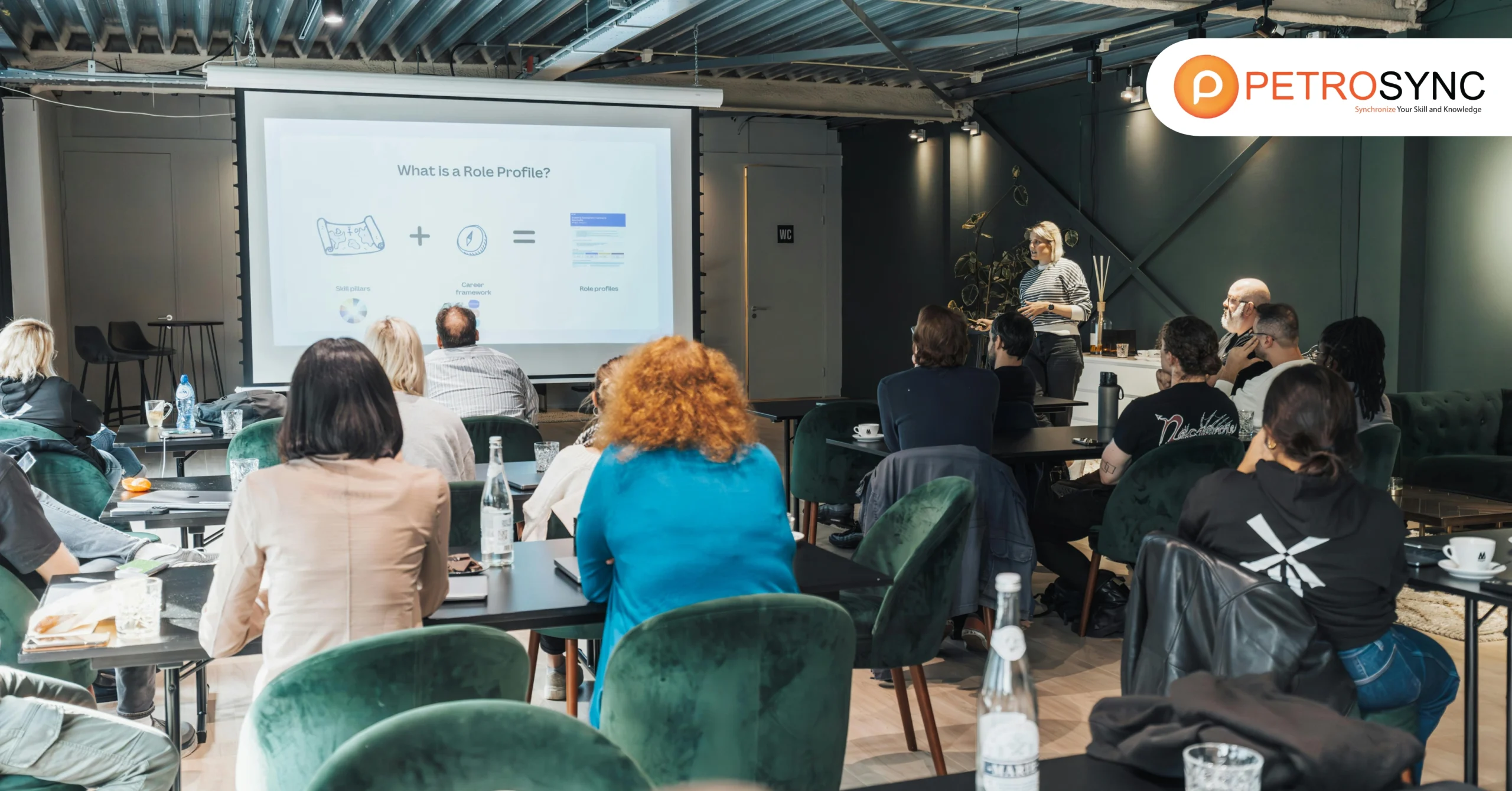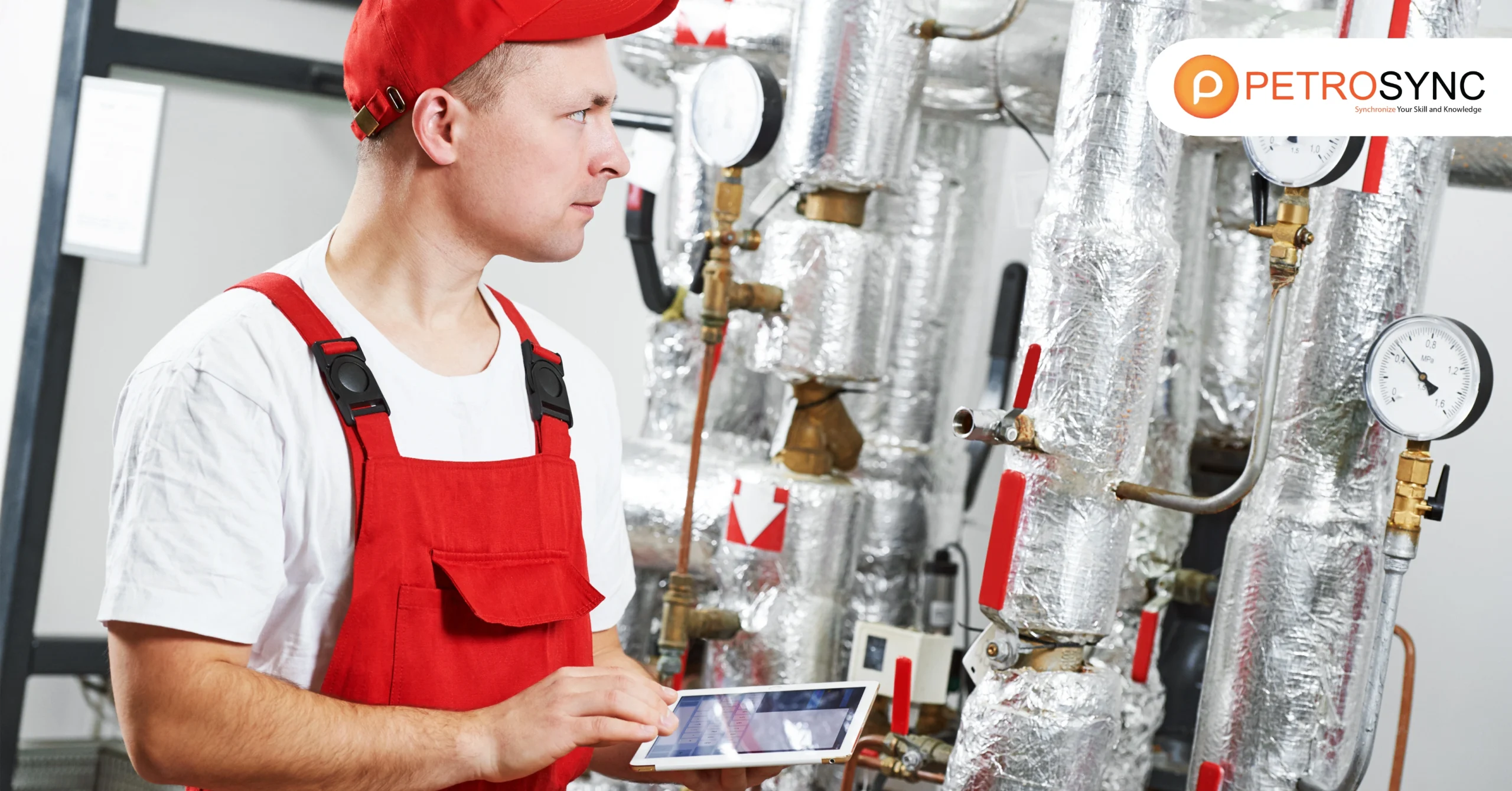If you’re getting ready for the API 571 exam, you’re taking a big step toward advancing your career. This exam is important in the field of asset integrity management, and preparing for it is essential. In this article, we’ll provide you with simple and clear advice to help you succeed in the API 571. Let’s get started.
What Is the API 571 Exam?

The API 571 exam is a test created by the American Petroleum Institute (API) to check your knowledge of advanced materials and corrosion control. The exam is meant to certify professionals working in the oil and gas industry, particularly those involved in asset integrity management, materials selection, and corrosion control.
The API 571 certification, often called the API 571 Corrosion and Materials Professional certification, is a designation offered by the American Petroleum Institute (API).
How Much Is the API 571 Exam?
The cost of API 571 certification varies depending on your requirements and whether you’re a member. The official API offers a clear breakdown of the certification expenses, as outlined below.
|
Program |
API Member Fee |
Non-Member Fee |
| Initial Certification |
$360 |
$420 |
| Recertification |
$260 |
$315 |
| Reschedule |
$200 |
$200 |
| Late Application Fee |
$200 |
$200 |
How Many Questions Are on The API 571 Exam?
The API 571 exam is a 3-hour and 25-minute test. It includes a total of 110 questions. Out of these, 100 questions contribute to your final score, while the remaining 10 are practice questions and do not affect your score.
|
Details |
API 571 Exam |
| Duration | 3.25 hours |
| Total Questions | 110 Questions |
| Question Details | 100 questions are scored
10 questions are pretest |
| Question Type | All questions are multiple-choice and closed-book. Paper and reference materials are not allowed in exams. |
| Passing Score | 70% |
What Are API 571 Exam Objectives?
API 571 exam has several objectives, which are the key areas it assesses to ensure candidates have a comprehensive understanding of corrosion, materials, and strategies to control corrosion. These objectives include
1. Understanding How Corrosion Happens
To excel in this area, you must grasp the intricacies of different corrosion types, including general corrosion, localized corrosion, and environmentally assisted cracking. A solid understanding of these processes is vital to combat corrosion effectively.
2. Determining Corrosion Rates and Influences
In this part, you should be able to not only calculate and foresee corrosion rates but also identify the factors that play a role in corrosion, such as temperature, pressure, and the choice of materials. This knowledge is key to managing and preventing corrosion-related issues.
3. Selecting the Right Materials
Your expertise should extend to recognizing the array of materials utilized in the industry, comprehending their properties, and knowing how to select the most suitable materials for specific applications to ward off corrosion.
4. Using Protective Coatings and Linings
Proficiency in this area involves knowing about the protective coatings and linings used to prevent corrosion and being capable of applying them correctly. This skill is essential to safeguard equipment and structures.
5. Cathodic Protection
Understanding cathodic protection systems and their significance in halting corrosion of structures buried or submerged in corrosive settings is crucial. This knowledge helps ensure the longevity of such structures.
6. Inspecting for Corrosion
In this section, you should learn techniques for regularly monitoring and inspecting equipment and structures to spot signs of corrosion and make sound assessments of their condition. The corrosion inspection is critical for preventing corrosion-related problems.
7. Using Chemical Treatments
A deep understanding of chemical treatments and inhibitors employed in industrial processes to manage corrosion is essential. These treatments are valuable tools in the fight against corrosion.
8. Implementing Corrosion Control Strategies
Proficiency in this objective requires the capability to develop and apply effective strategies that prevent or reduce corrosion in various operational settings. These strategies are fundamental for maintaining the integrity of equipment and structures.
9. Managing Asset Integrity
Understanding integrity management systems and their role in ensuring the safety and reliability of assets in the oil and gas industry is paramount. Effective asset management is vital for the industry’s success and safety.
These objectives for the API 571 exam cover the essential knowledge and skills necessary for you to effectively manage materials and corrosion-related challenges in the oil and gas sector.
When Is The Schedule for The API 571 Exam?
The schedule for your API 571 exam certification can change based on when you need to apply and the dates available for the exam. Here, you’ll find the details about when you can schedule your API 571 exam, as provided by the official API.
|
Exam Window |
Program |
Schedule |
Application Deadline |
| April 11 – May 02, 2025 | API 571 | 3.25 hours | February 07, 2025 |
| August 8 – 29, 2025 | API 571 | 3.25 hours | June 6, 2025 |
| December 5 – 26, 2025 | API 571 | 3.25 hours | October 3, 2025 |
Can You Take The API 571 Exam Online?
API has introduced a convenient way for candidates to take their exams without leaving home. This online option, launched in February 2021, is accessible for all non-practical API exams. One of the exams that falls under this category and can be taken online is the API 571 exam.
So, you have the flexibility to complete your API 571 exam remotely using Prometric’s remote testing platform, ProProctor, within the specified exam periods. This advancement in testing methodology offers greater convenience and accessibility to candidates, making it easier to schedule and take the API 571 exam.
How Is The API 571 Exam Procedure?
1. Registration
To get started, you need to register for the API 571 exam. This typically involves submitting your application through the official API (American Petroleum Institute) website. It’s essential to review the eligibility requirements before you apply to ensure you meet them.
2. Scheduling
Once your application is reviewed and approved, you can proceed to schedule your exam. You’ll have the flexibility to choose a suitable date and location for the test. API provides various testing centers across different regions to accommodate candidates.
3. Exam Format
The API 571 exam follows a specific format. It primarily comprises multiple-choice questions, which means you’ll be presented with a question and several answer options, and you must select the correct answer. It’s essential to note that this is a closed-book exam.
This means you won’t be allowed to use any reference materials or textbooks during the test. All the information needed to answer the questions should come from your knowledge and understanding of the subject matter.
4. Exam Duration
The API 571 exam typically has a fixed duration. You will have two hours to complete the exam. Time management is crucial during the test to ensure you have enough time to address all the questions thoroughly.
5. Scoring
Your final score on the API 571 exam is determined by the number of correct answers you provide out of the total questions. API will notify you of your results, typically within a reasonable period after taking the exam. A passing score is required to earn your certification, signifying your expertise in materials and corrosion control.
6. Retakes
In the event that you don’t pass the API 571 exam on your first attempt, you have the option to retake it. However, there is a waiting period of 90 days between each exam attempt. During this time, you have the opportunity to further prepare and strengthen your knowledge to improve your chances of success in the next attempt.
7. Certification
Upon successfully passing the API 571 exam, you’ll receive your certification from the American Petroleum Institute. This certification is a valuable testament to your proficiency in the field of materials and corrosion control and is widely recognized in the industry. It can enhance your career opportunities and demonstrate your commitment to excellence in your profession.
In conclusion, while the API 571 certification may involve some costs and fees, these investments are indeed worthwhile for you if you are seeking career advancement in the field of materials and corrosion control.
Boost Your Career with API 571 Exam Training at PetroSync
API 571 accreditation opens up new opportunities in industries that rely on refining and fixed equipment maintenance. PetroSync offers thorough API 571 test preparation designed to help professionals like yourself succeed. Our courses are given by industry experts and range from fundamental corrosion principles to sophisticated damage assessment techniques.
PetroSync’s organized training programs will provide you with the information, confidence, and skills required to pass the advance in your profession. Enroll in our API 571 test preparation today and take the next step toward being an expert in refinery equipment management and corrosion avoidance!

Results-oriented and thorough SEO specialist with extensive experience in conducting keyword research, developing and implementing digital website promotion strategies and plans, managing campaigns to develop company websites in the digital world, excellent knowledge of marketing techniques and principles, and attentive strong attention to detail.







